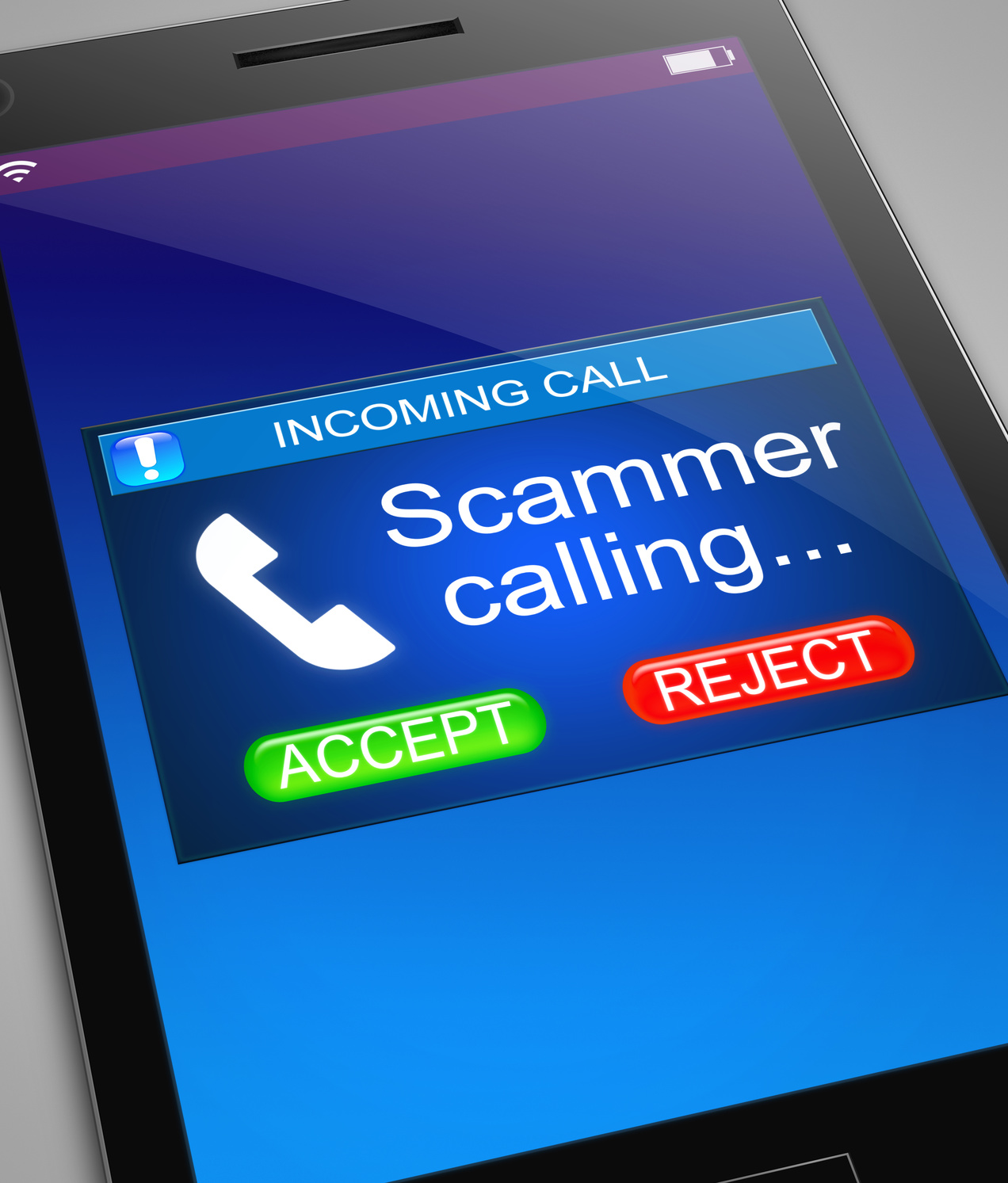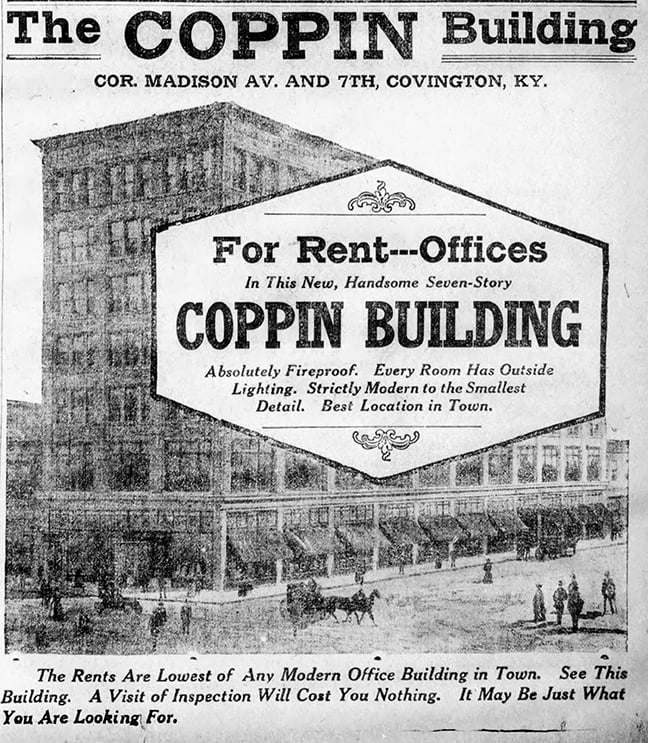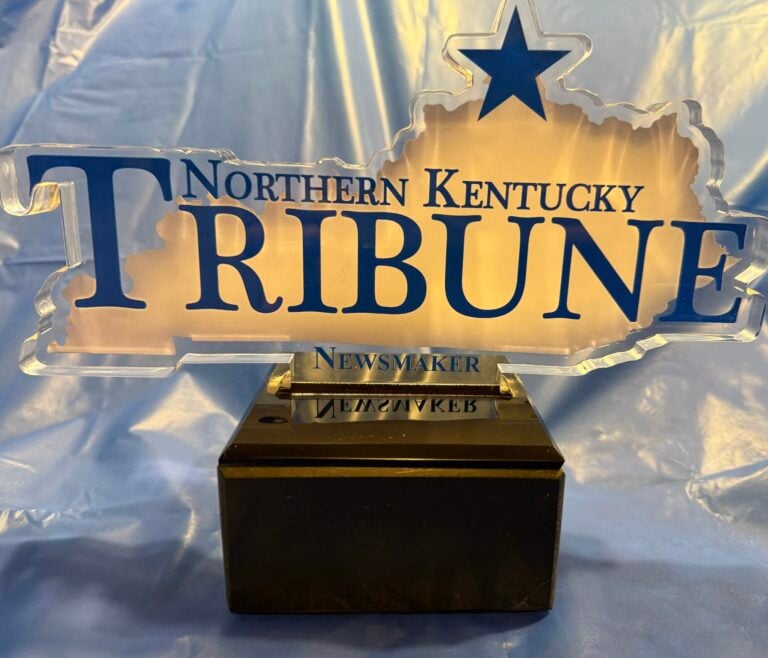The days of incessant calls allegedly from the IRS, US Department of Treasury or a random company claiming you have a long-standing debt easily remedied with the procurement of a wire transfer may soon be coming to an end. The Federal Trade Commission recently passed restrictions on forms of payment telemarketers can demand, unwanted robocalls, and protections under the National Do Not Call Registry.
Effective June 13, the FTC made it illegal for telemarketers to ask people to pay for goods or services using cash-to-cash money transfers – like MoneyGram and Western Union – or asking for the PIN numbers from cash reload cards such as MoneyPak, Vanilla Reload, or Reloadit packs. Under this new law, it is also illegal for these callers to request unsigned checks known as ‘remotely created payment orders’ to withdraw directly from a person’s bank account.

Wire transfers like MoneyGram or Western Union are the preferred method of payment by fraudsters because of the quick, anonymous, and irrevocable way to get money from people. Once the money transfer is picked up by the thief, the money is untraceable and can never be recovered.
A new trend in telemarketing scams is the use of prepaid cards and gift cards rather than the traditional wire transfer or telecheck. Crooks ask for the PIN numbers on prepaid cards or even gift cards then apply the funds to their own prepaid cards and disappear or resell the card numbers and associated PIN online for a profit. With the new restrictions in place, BBB hopes it will reduce the proliferation of IRS scams, grandparent scams, foreign lottery scams, and similar type scams that these prepaid cards are commonly used for payment. For now, these type of payment requests should serve as a big red flag that it is a scam.
The FTC has also limited the prevalence of robocalls which are used by companies to spread their sales message to the masses. Robocalls are defined as a recorded message instead of a live person and are typically used in conjunction with auto dialers. However, if the recipient of these calls didn’t give their permission to receive these types of calls from the company, they’re considered illegal. In most cases, the pitch included in these robocalls is a scam. One way people are able to protect themselves from these calls is to register on the National Do Not Call Registry.
The FTC reports that people who register their home and mobile phones on the National Do Not Call Registry should notice a reduction in unwanted robocalls. The exceptions may be an urgent message such as a school closing, a flight cancellation or a medical appointment reminder. It should be noted, however, certain pre-recorded messages that may not be as urgent are still allowed. These include: political calls, calls from certain healthcare providers, and messages from a business contacting you to collect a debt. Prerecorded messages from banks, telephone carriers and charities also are exempt from these rules if the banks, carriers, or charities make the calls themselves.
The next time the phone rings, whether it’s the mobile or the home phone, check the caller ID. If it’s a number you don’t know, let it go to voicemail or see if your provider can block it. Report any callers that are asking for payment with any of the pre-paid methods that have been placed under restrictions by the FTC and alert BBB using BBB’s Scam Tracker.

Sandra Guile is the Community Outreach Specialist for BBB. She promotes BBB’s message of marketplace ethics through public speaking engagements, presentations, media relations, press releases, web content, and other written materials. Contact Sandra at (513) 639-9126 or sguile@cincinnati.bbb.org. Your BBB is located at 1 East 4th Street Suite 600 Cincinnati, Ohio 45202 – to reach the office, call (513) 421-3015.




















